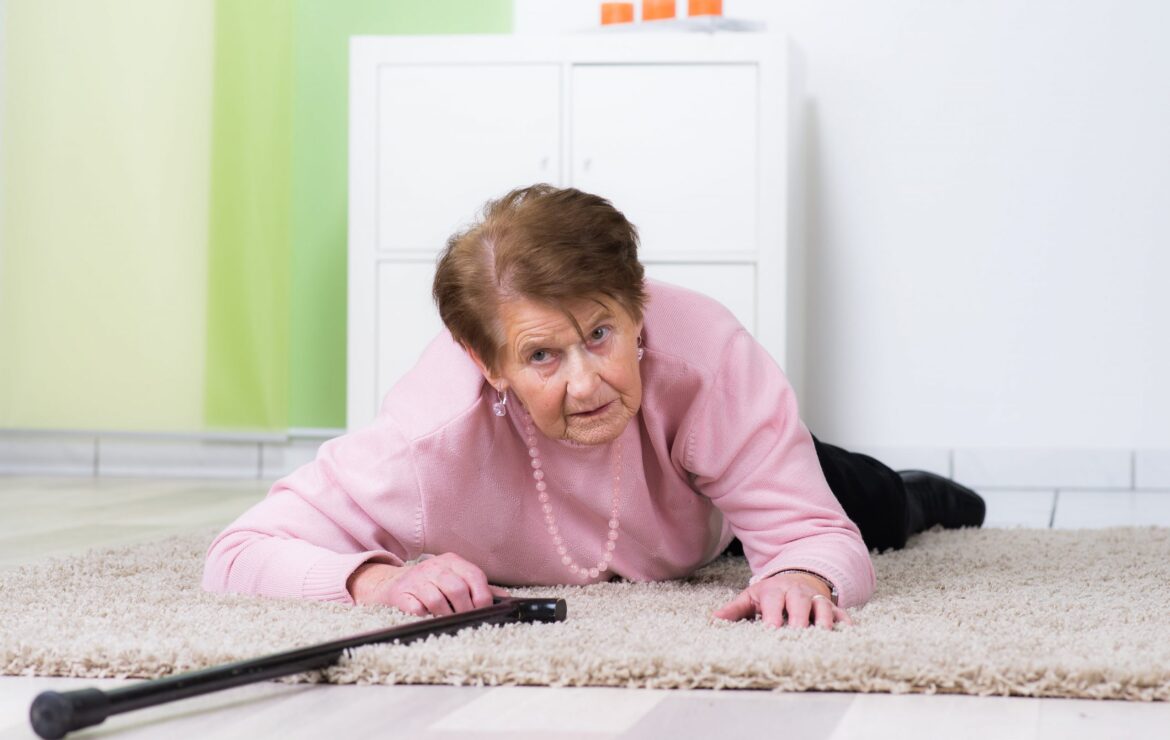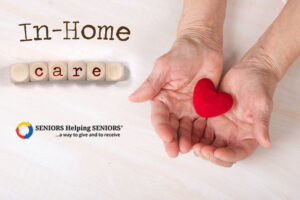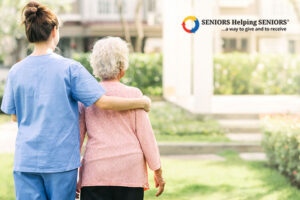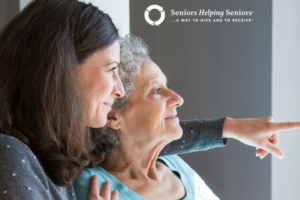A Fall Can End Independence For a Senior

Seniors are more prone to falling for a variety of reasons including decrease in balance and muscle strength, medications that can produce dizziness, poor eyesight, etc. More than one in three people age 65 years or older falls each year. Many of us have a senior friend or relative who has fallen, often resulting in a hospital stay followed by time in a rehabilitation facility. Among older adults, falls are the number one cause of fractures, moving from home to a facility, and injury deaths.
Six out of ten falls occur at home and many are preventable. Fall proofing a home where seniors reside is as important as child-proofing your home when when you have a toddler. Seniors may resist suggestions for fall proofing but it is important to remind them that a fall can end their independence.
Here are some potential fall hazards to look for in the home:
- Unsecured scatter rugs or doormats;
- Uneven, broken or missing steps (either inside or out);
- Electrical wires and extension cords in walkways;
- Lack of handrails on one or both sides of stairs;
- Clutter;
- Tall/steep steps and objects left close to the steps;
- Dim lighting, especially on stairs indoors and out.
If you or a senior loved one has identified any of these hazards in the home there are ways to mitigate the risk:
- Remove unsecured throw rugs;
- Rearrange furniture to make clear paths for walking – decreased balance is an issue for most seniors;
- Store frequently used items in low, easy-to-reach places;
- Install grab bars in the bathroom and shower/tub;
- Install railings on both sides of stairs and make sure stairs have good lighting;
- Install night lights and keep a flashlight near the bed;
- Walk slightly in front of someone who’s unsteady when descending, or behind when climbing, stairs;
- Keep floors dry and clean up spills right away;
- Use only non-skid wax on floors;
- Encourage your loved one to wear non-skid footwear
- Urge your loved one to move slowly and deliberately to maintain his/her balance.
An emergency call system with a fall detector can be a life saver especially for seniors who live alone or with a spouse who is not mobile. Seniors who fall and become unconscious or unable to move can become dehydrated and die from injuries that could have been treated if found in time. Sometimes getting assistance around the home will help decrease the risks of falls. Falls can result when a senior tries to do household chores that they are no longer capable of doing safely. A home care provider can take over some household responsibilities and also check in periodically to ensure the senior is safe.
For additional tips, view this short video from NIH’s Senior Health division. Making some changes to the home environment for seniors can yield big safety results. Falling is one of the most dangerous life events for seniors.






